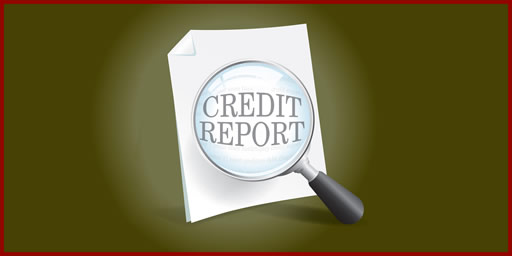In recent years, it has become commonplace for employers to review the personal credit histories of job applicants before making hiring decisions. In fact, almost half of employers run credit checks when considering prospective workers, according to a survey of human resources managers.

New York City recently enacted a law prohibiting employers from checking credit histories except in limited situations. Is this movement to limit credit checks likely to spread, and what are the ramifications?
Why do employers check credit histories?
Opponents of employment credit checks are holding up the New York City law as an example that other cities and states should follow. However, the federal Fair Credit Reporting Act (FCRA) allows employers to check the credit of applicants.
Employers often use credit reports to judge an applicant’s financial stability and sense of responsibility. About Careers notes that a number of items on a credit report can trigger red flags for hiring:
- High credit utilization or recently incurred late fees may be viewed by an employer as an inability to follow a budget.
- Liens, bankruptcies or foreclosures may be viewed as signs of irresponsibility. Employers also may infer that employment candidates don’t think about the long term.
- Opening or closing new accounts may appear as a sign of financial desperation.
What are the arguments against employer credit checks?
Federal law requires employers to receive permission from an applicant before performing a credit check. But opponents of the practice argue that most individuals are unlikely to refuse the request of a potential employer regardless of how the results may impact job prospects.
The reliability of credit checks as a predictor of job performance also is subject to debate. A 2012 study published in The Psychology-Manager Journal found that information pulled from applicants’ credit reports showed no relationship to termination decisions or ratings in performance appraisals. In addition, some consumer advocacy groups have argued that credit checks lead to discriminatory hiring because they disproportionately screen out minorities.
Employment credit checks: On the way out?
New York City’s new restrictions on employer credit checks are among the toughest in the country, experts note. But the city is not alone in acting to restrict credit checks by employers except in cases mandated by federal law. Currently, 11 states limit access to applicant credit information, and efforts are afoot in Congress to prohibit the practice. Employers who currently use credit checks to evaluate prospects should remain vigilant to possible changes at both the state and federal levels.
Disclaimer: The information on InstantCriminalChecks.com is governed by our Terms of Use and is never intended as legal advice.




